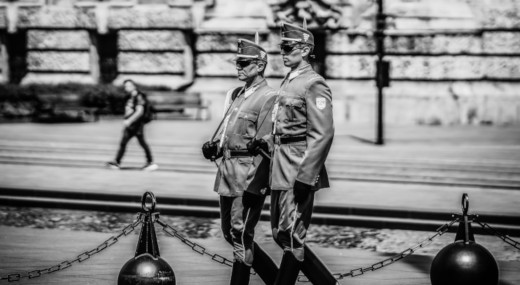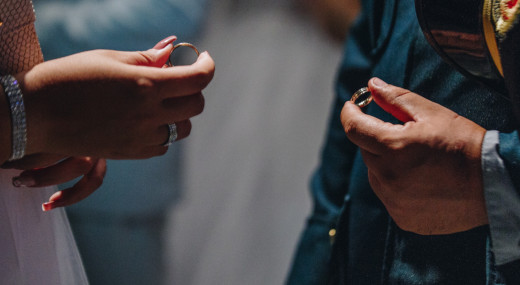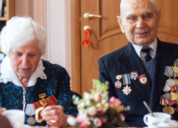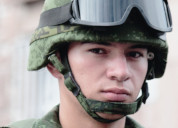Change of purpose
Serving in the military provides a deep sense of purpose and finding a way in civilian life to serve in some way takes a lot of planning.

Magna Gravida Dolore
Serving in the military provides a deep sense of purpose and finding a way in civilian life to serve in some way takes a lot of planning.
This is not something that you can prepare for in the last three months of your military career. Separating from the military requires you to do the planning,
not your seniors or your intelligence officers.
COMING HOME helps you navigate probably the most important military operation in your military career.
Leaving the forces means that service men and women have to consider things that they have not needed to think about for a long time, if ever.
From small decisions like what to wear to work to big things such as where their family will live and their next career move.
Whatever the circumstances of their transition, it is likely that the service leaver will face some challenges and experience anxiety about what the future holds.
Friends and family
The transition from military to civilian life can be difficult. Whilst not everyone who experiences trauma develops
post-traumatic stress disorder (PTSD), veterans have been trained to be highly functional in extreme environments.

This means that many of the medically labeled symptoms of PTSD are in fact combat skills and responses that are necessary for survival and not easily turned off.
As an example, trouble sleeping could be due to the need to be effective on limited sleep. In the same way, anger could be seen as adrenaline
and focus while detachment is about keeping emotions in check. Whilst each transition home is unique, knowledge of this dichotomy and the overall
military culture and values could help friends and families understand the challenges veterans face in returning to civilian life.
Research has shown that all impairments to a successful transition home revolve around relationships, either with veterans with themselves, partners, families or work.
It is relationships that are pivotal for a happy and productive life. Whilst veterans may have once been seen as a soldier, sailor, aviator, marine and warrior, now
they are another person in civilian life and other cultural factors may come more to the fore such as race, ethnicity, gender and sexuality.
It is for this reason that families and friends need to be patient as veterans get used to a whole new world. It is also worth understanding as
it explains why even those with PTSD would volunteer to return to active duty. Life away from the military may appear dull and boring and life in service gives a
strong and positive identity that may feel missing or flaky in civilian life. Sharing of veterans’ perspective is important in helping in spreading understanding.
Whilst many veterans will reintegrate smoothly into civilian society, others will struggle to adjust and experience more complex challenges.
Facing this takes courage and ensuring veterans get what they need takes leadership.
COMING HOME is playing a part in ensuring that veterans receive all their entitlements.





